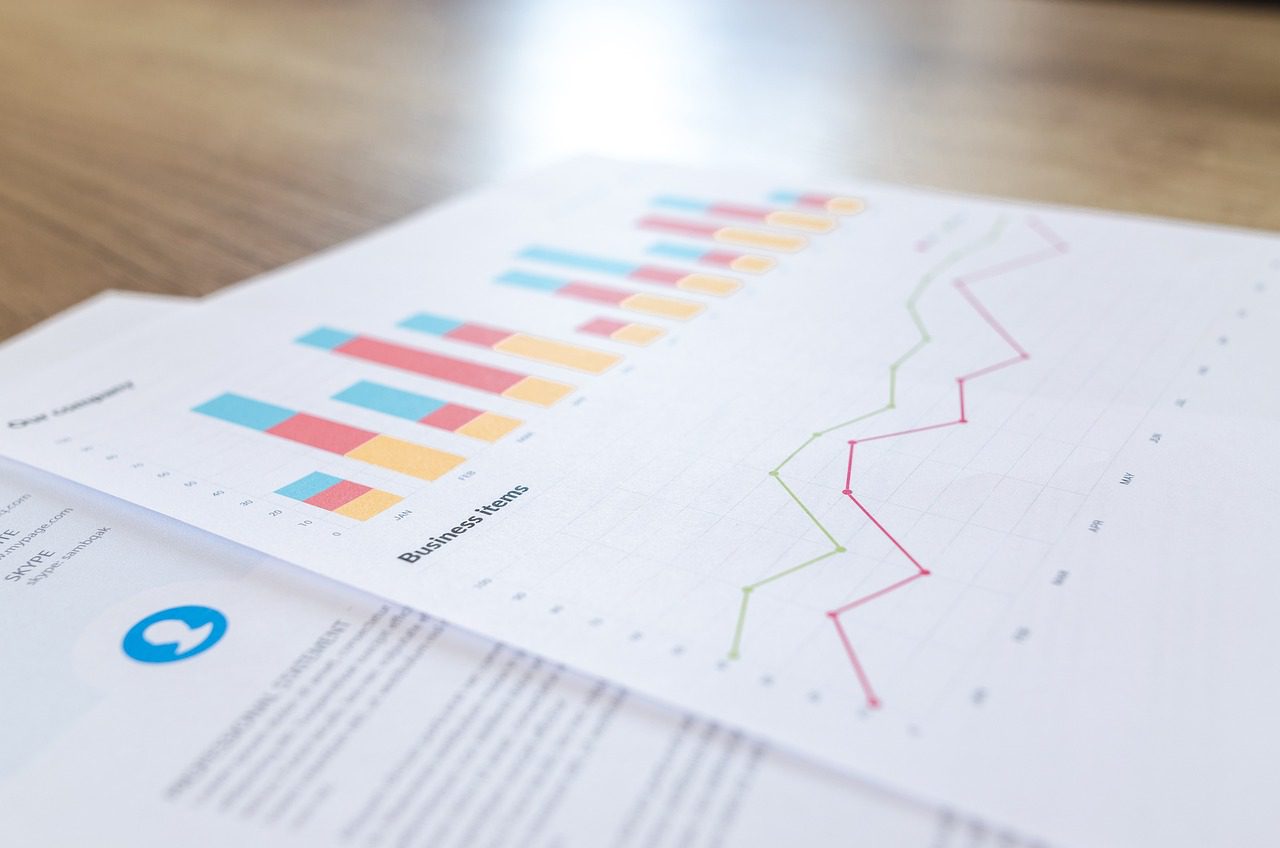In today’s fast-paced business environment, financial fraud poses a significant risk to companies of all sizes. Business owners must be vigilant and aware of the various forms of fraud that can undermine their operations. Understanding these threats is the first step in developing robust preventive measures. Here are some of the most common types of financial fraud that business owners should be concerned about:
1. Embezzlement
Embezzlement occurs when employees steal money or other assets entrusted to them. This can happen in various ways, such as skimming off the top, creating fake vendor accounts, or manipulating financial records. Embezzlement often goes unnoticed for extended periods, especially if the perpetrator is in a position of trust.
Preventive Measures:
- Implementing strict internal controls.
- Conducting regular audits.
- Segregating duties among employees to prevent a single individual from controlling multiple financial processes.
2. Payroll Fraud
Payroll fraud is one of the most common forms of employee theft, involving actions such as falsifying time sheets, adding ghost employees to the payroll, or claiming unearned overtime. This type of fraud can significantly inflate a company’s payroll expenses.
Preventive Measures:
- Utilizing automated time-tracking systems.
- Regularly reconciling payroll records.
- Conducting surprise payroll audits.
3. Invoice Fraud
Invoice fraud happens when fraudulent invoices are submitted for payment. This can involve fictitious vendors, inflated invoices from real vendors, or duplicate invoices. This type of fraud can drain company resources and often involves collusion between internal and external parties.
Preventive Measures:
- Verifying all invoices with purchase orders and delivery receipts.
- Establish a process for verbally verifying requests to change vendor bank account information.
- Implementing a multi-step approval process for large payments.
- Conducting vendor audits.
4. Expense Reimbursement Fraud
Employees may submit false or inflated expense reports, claiming personal expenses as business-related or exaggerating the cost of legitimate expenses. This type of fraud is particularly common in companies with lenient expense reporting policies.
Preventive Measures:
- Requiring detailed receipts for all expense claims.
- Setting clear policies for what constitutes a reimbursable expense.
- Review and verify expense reports thoroughly.
5. Check Fraud
Check fraud includes activities such as forging signatures, altering checks, or using stolen checks to make unauthorized payments. This can result in substantial financial losses and damage to a company’s reputation.
Preventive Measures:
- Using secure, tamper-evident checks.
- Reconciling bank statements promptly.
- Implementing positive pay systems that match issued checks against those presented for payment.
6. Procurement Fraud
Procurement fraud involves manipulation in the purchasing process, such as kickbacks, bid rigging, or overbilling by suppliers. This can lead to higher costs and lower-quality goods or services.
Preventive Measures:
- Enforcing a competitive bidding process.
- Segregating procurement responsibilities.
- Conducting regular supplier audits and reviews.
7. Financial Statement Fraud
This type of fraud involves the deliberate misrepresentation of financial information to deceive stakeholders about the company’s financial health. It can include actions like overstating revenues, understating liabilities, or inflating asset values.
Preventive Measures:
- Ensuring rigorous internal and external audits.
- Maintaining transparency in financial reporting.
- Implementing strong corporate governance practices.
8. Cyber Fraud
With increasing reliance on digital platforms, cyber fraud has become a significant concern. It includes phishing, hacking, ransomware attacks, and fraudulent electronic transactions. Cybercriminals target company funds and sensitive information, posing a severe threat to business continuity.
Preventive Measures:
- Employing robust cybersecurity measures.
- Training employees on cybersecurity best practices.
- Establishing multi-factor authentication (MFA) on all highly sensitive accounts (banking, email, etc)
- Regularly updating software and systems to protect against vulnerabilities.
Summary
Financial fraud can severely impact a company’s bottom line and reputation. Business owners must be proactive in implementing comprehensive measures to detect and prevent fraudulent activities. Regular audits, robust internal controls, employee training, and a culture of transparency are crucial components in safeguarding against financial fraud. By staying vigilant and informed, business owners can protect their enterprises from the various forms of financial fraud that threaten their success.





